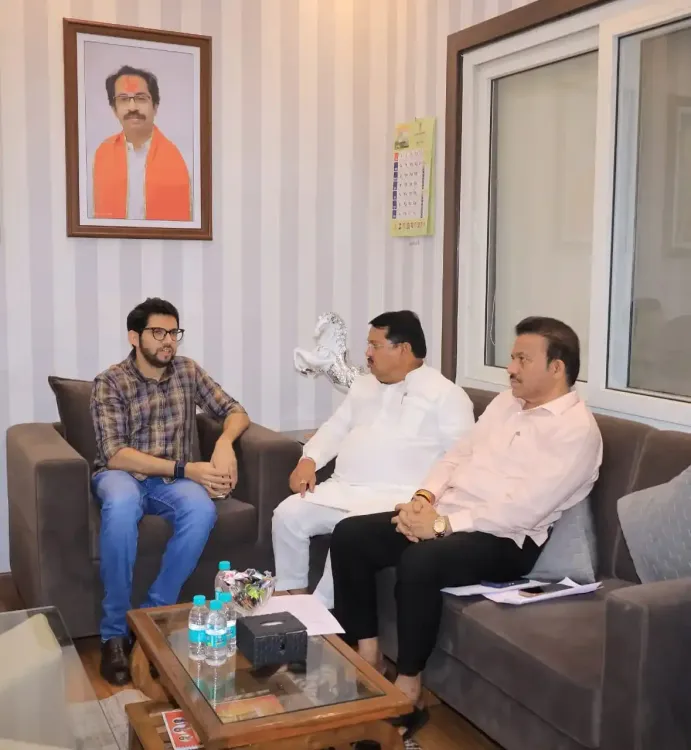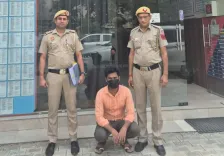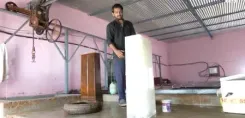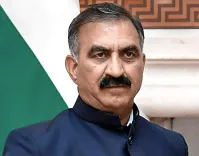Why Are Maharashtra Opposition Parties Boycotting the CM's Tea Meet?

Synopsis
Key Takeaways
- Opposition parties in Maharashtra are boycotting a government event.
- Corruption and mismanagement are at the forefront of their grievances.
- Key leaders from different parties are uniting against the government.
- The situation raises important questions about democracy.
- Economic issues are exacerbating the political crisis.
Mumbai, June 29 (NationPress) Opposition parties in Maharashtra have announced their decision to boycott the traditional high tea hosted by the Fadnavis government on the eve of the Legislature's Monsoon Session. Their decision stems from concerns over corruption, misappropriation of funds, and the ongoing decline in the economic, social, administrative, and moral landscape.
The opposition figures contend that failing to appoint a Leader of Opposition (LoP) in the state Assembly constitutes a violation of the Constitution and undermines democratic principles.
With increasing issues such as corruption, unemployment, and crimes against women, coupled with farmers' suicides and a lack of assured pricing for agricultural products, they feel attending the tea meeting would contradict their ethical and democratic values.
This boycott decision was made during a meeting attended by key leaders from the Maha Vikas Aghadi coalition, including the state council's LoP, Ambadas Danve of Shiv Sena (UBT), former LoP Vijay Wadettiwar from Congress, Aaditya Thackeray from Shiv Sena (UBT), and Jitendra Awhad of NCP(SP), among others.
Danve, flanked by other opposition leaders, expressed concerns that the MahaYuti government is enforcing the Hindi language in Marathi and English schools for grades 1 to 5, threatening the integrity of the Marathi language and indicating a lack of commitment to the education system.
He further criticized the administration for a significant breakdown in law and order, pointing fingers at political meddling within the police department. The home department, led by Chief Minister Devendra Fadnavis, has failed to address issues such as crime against women and maintaining public safety.
Leaders from Maha Vikas Aghadi have expressed strong opposition to the proposed Rs 86,300 crore Shaktipeeth MaahMarg project, warning that it could trigger a fiscal crisis.
Wadettiwar highlighted that corruption across various sectors—such as revenue, public works, urban development, agriculture, and police—has reached alarming levels.
Both Danve and Wadettiwar accused the MahaYuti government of not fulfilling its electoral promise regarding farm loan waivers. They argued that the agricultural crisis plaguing the state is not only the result of natural disasters but also due to the government’s administrative shortcomings.
Wadettiwar referenced the escalating public debt, which he claims exceeds Rs 10 lakh crore, stating that the state's finances are in disarray, leaving the government unable to make new recruitments and adversely affecting job opportunities for the youth.





